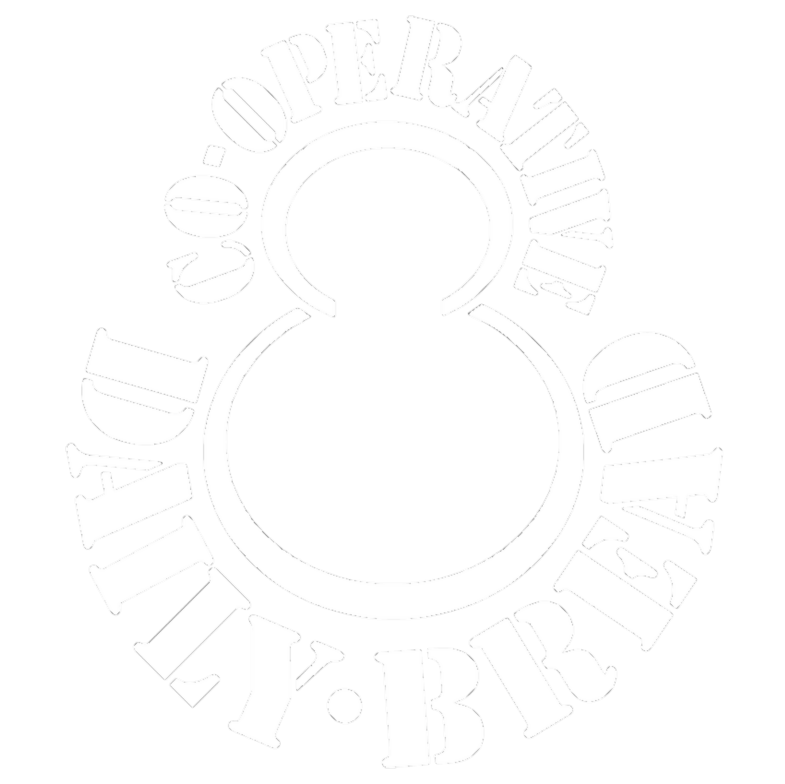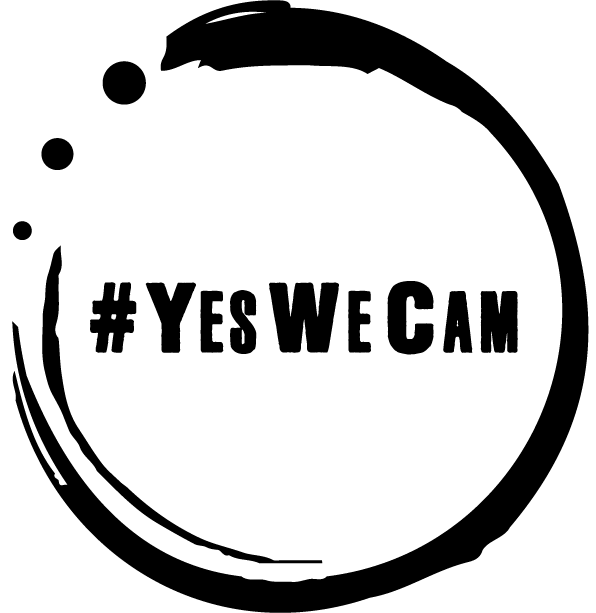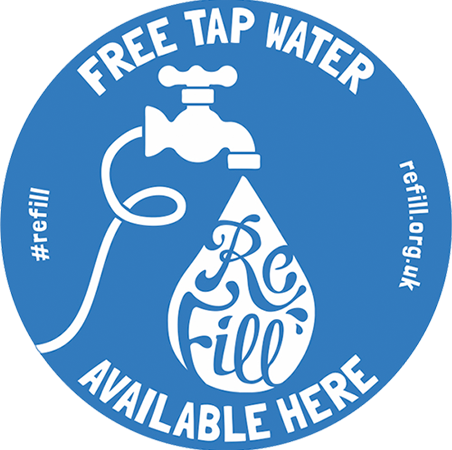We celebrate February, (the ‘month of love’) each year by showcasing local businesses whose products stock our shelves. This year we’ll be sharing Q&As with some of our nearest and dearest independent suppliers on our blog.
We hope that by highlighting their stories you’ll get to know the lovely humans behind the hard work, and help support them too!
LOVE YOUR LOCAL SUPPLIER:
Q&A With Wicken Windmill
In the third of our series of local supplier Q&As we speak with Dave Pearce from Wicken Windmill.
Back row: Elwyn, Dave, Pip and Rob. Front row: Graham and Dan. Absent from photo: Kelvin and Philip.
Tell us a bit about yourselves:
Our millers and millwrights give their time voluntarily to keep the 210 year old windmill in good order and hard at work.
Describe your business:
Wicken Mill is traditional Cambridgeshire windmill still at work making stone ground flour, from bread wheat, rye or spelt.
The Wicken Windmill Partnership concentrates on 2 things. We are millers, dedicated to producing good flour by the natural power of the wind, and at the same time obeying modern requirements. Also we are millwrights, carrying out all the engineering needs of our ancient technology – there are few people left with the skills needed to build, repair and maintain traditional windmills.
Before we could work the mill we had to restore it from ruin, with the help of volunteers from all over the country.
We don’t make much money, and the money we make goes towards future maintenance of the mill. But we enjoy it.
The mill from the north, looking towards Cambridge across the Fens.
Photograph: Dan Carrick, taken from a Newmarket Plant Hire cherry picker, during a recent sail check over.
What inspired you to choose this line of work?
As an engineer I liked to see the windmills in the landscape, and was sad to see the survivors disappearing.
Has the direction of your business changed over time?
Yes. Until 2001 the partnership was purely concerned with traditional mill engineering, particularly the restoration of Wicken Mill.
We remain busy with engineering, largely carried out from our workshops by the foot of the mill.
But equally we are concerned with the ancient art of corn grinding using millstones, which we have learned from scratch. We make 100% Wholemeal Flour, and convert some of it to Standard White and Finest White flours by sieving out the bran, the shell of the wheat seed. Only about 10% of British grown wheat is suitable for making bread flour. Currently we obtain most of our bread wheat from Copes Seeds of Sleaford.
Wicken Windmill flour at Daily Bread Co-operative
We are happy with our range of flours, but an ambition for one day is to source part of our supply from heritage wheats, of the sort which the windmill was built to grind in 1813, and extend our range to include ‘Wicken Heritage Flours’. Such ancient wheat varieties are scarce – but the ‘Old Burwell’ landrace wheat from our neighbouring parish was famous in the 19th century, and maybe someday will be available to grind again at Wicken Mill.
What challenges have you faced with the business?
Plenty! We decided from the start to make flour using only the power of the wind – no electric motors to drive the flour grinding machinery. We are one of relatively few traditional windmills which run purely by wind, some using electric drive when the wind is low.
In extended periods of light winds we might be becalmed for many days without being able to run the mill. We pay close attention to Met Office forecasts of wind resource, and when appropriate build up stocks of flour while the wind is strong.
The past year has been complicated for everybody. At the mill, grain prices have risen rapidly particularly due to the war in Ukraine affecting the world market, and also supplies of accessories needed for the business have become scarcer and more expensive. On the other hand we have been little affected by the general increase in energy costs – when the wind blows it is still free!
What's the most rewarding aspect to running the business?
The pleasure on the faces of returning customers, mixed with the surprise that many feel when driving through Wicken and coming upon a windmill still at work.
What advice would you give to new businesses that are just starting out?
Not easy. There are sound economic reasons why traditional flour mills went out of fashion. Any proceeds we make go towards future repairs of the mill.
What's next for your business?
There are limits to flour production at the windmill – the wind blows sufficiently to drive the mill powerfully on about 10 to 12 days per month. With more volunteer millers we could perhaps increase flour output, partly by working the mill on more of the windy days, and also by running more machinery simultaneously: the windmill can be quite labour intensive.
Eventually major repairs will be needed again – for example we last replaced a sail in 2018. We must search out supplies of good timber, and also seek support for purchases of materials. We are determined that the windmill will not fall into ruin again, as it was back in 1971.
Photograph: Colin Mitchell, 1971.
Anything else you'd like to mention?
Visitors are welcome – the mill is open to the public the first full weekend of each month. At other times, we are open whenever the sails are turning.
Wicken Windmill pictured on April 5th, 2022.
If anybody would like to know more there is a new book ‘The Restoration of Wicken Mill’ which tells the story of the mill and its repair. The book is available from the windmill for £16, or £18.70 including post and packaging.
Thank you so much Dave and everyone at Wicken Windmill!
Connect with Wicken Windmill via:
Wicken Windmill Facebook page
Simple ways to support an independent local business:
shop small and independent - spend with them as opposed to larger businesses. Even purchasing something low cost will help as every penny can count. See the Just A Card campaign as an example.
shop local - keep local businesses IN business!
word of mouth - tell people about/recommend them.
share their online posts or create your own for them to share.
write them a review/testimonial.
thank them and show your appreciation :)











